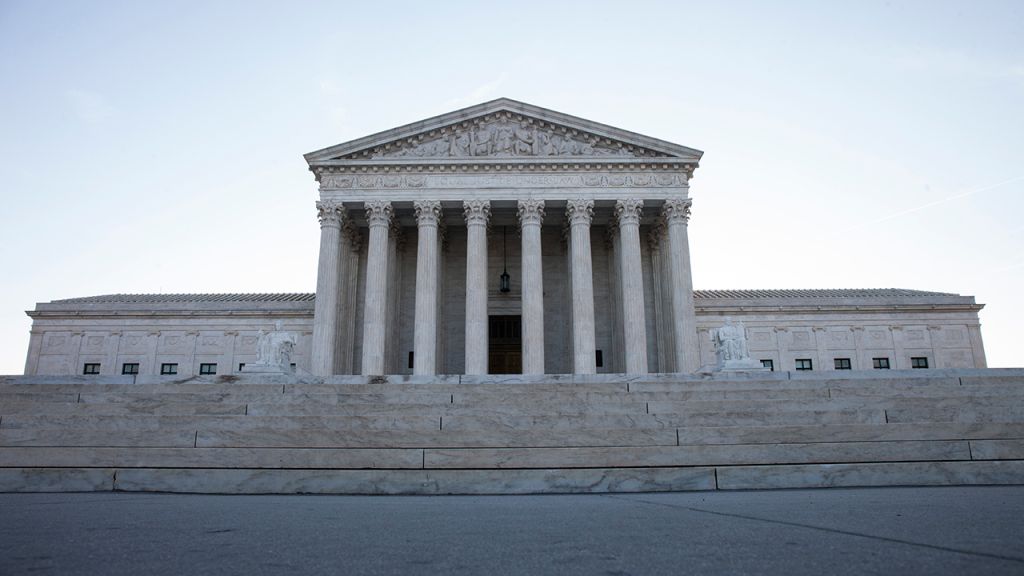WASHINGTON – The Supreme Court on Monday struck down a Louisiana law which required doctors who perform abortions to have admitting privileges at nearby hospitals.
In a 5-4 decision, the court determined that the law imposed an “undue burden” on abortion access, making it unconstitutional.
#SCOTUS, by vote of 5-4, strikes down Louisiana law requiring doctors who perform abortions to have right to admit patients at nearby hospitals
— SCOTUSblog (@SCOTUSblog) June 29, 2020
The law required doctors who perform abortions to have active admitting privileges at hospitals within 30 miles of the places where they planned to perform abortions. The legislation was nearly identical to a 2016 Texas law that was previously determined to be unconstitutional.
On Monday, Chief Justice Roberts provided the pivotal fifth vote to strike down Louisiana’s law — an unexpected move, as Roberts voted in 2016 to uphold Texas’ law.
Roberts wrote in an opinion released Monday that he still believes the Texas case “was wrongly decided,” however, he said he was compelled to rule in favor of striking down the Louisiana law because of the majority opinion in that case.
“The legal doctrine of stare decisis requires us, absent special circumstances, to treat like cases alike,” Roberts wrote. “The Louisiana law imposes a burden on access to abortion just as severe as that imposed by the Texas law, for the same reasons. Therefore Louisiana’s law cannot stand under our precedents.”
Republicans grumble about today's Supreme Court decision on abortion, striking down a Louisiana law which regulated abortion providers.
"What’s next, Chief Justice Roberts? Our Second Amendment rights?" said Rep. Jim Jordan R-OH.https://t.co/uMBNMdjgLm
— Jamie Dupree (@jamiedupree) June 29, 2020
In an opinion penned for the court and joined by its liberal justices, Associate Justice Stephen Breyer agreed with a district court’s finding that Louisiana’s abortion law offered “no significant health benefit” to women.
The regulations at issue in Louisiana are distinct from other state laws making their way through court challenges that would ban abortions early in a pregnancy. Those include bans on abortion once a fetal heartbeat is detected, as early as 6 weeks, and the almost total ban passed in Alabama.

Morning light shines outside The United States Supreme Court building on March 20, 2017 in Washington, D.C.
The Associated Press contributed to this report.







